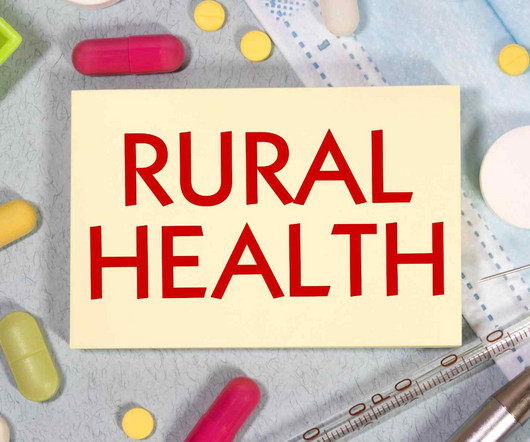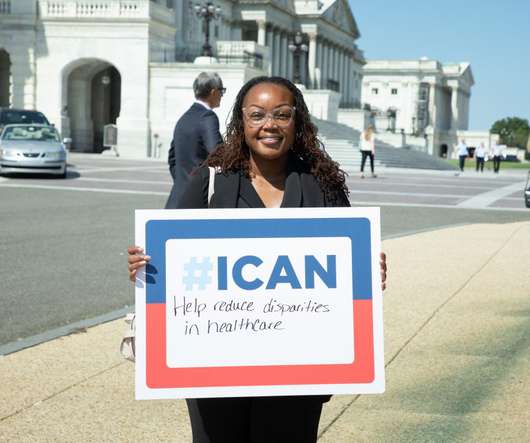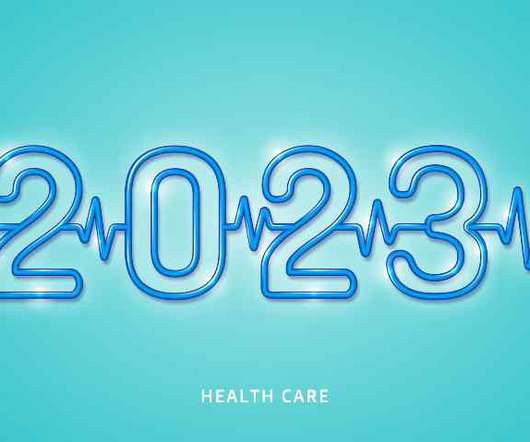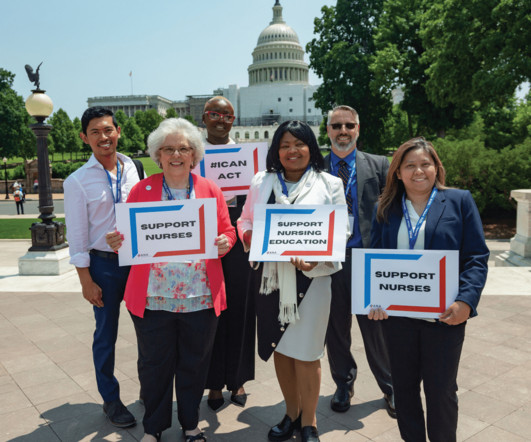Why Nurse Practitioners are a Solution to Rural Healthcare Challenges
Health Leaders | Nursing
SEPTEMBER 11, 2023
Editor’s note: This article appeared in the July-September 2023 edition of HealthLeaders magazine. of full-time NPs seeing Medicare patients and 82% seeing Medicaid patients. Senate in April and would allow NPs, physician assistants, and other APRNs to provide particular services under Medicare and Medicaid.
























Let's personalize your content